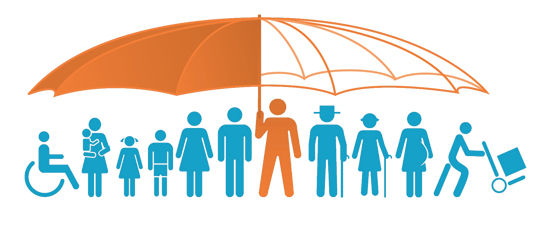Early Warning
The term "Early Warning" refers to a system, process, or signal designed to detect and alert individuals or organizations about potential dangers, risks, or significant events before they fully manifest. The primary goal of an early warning is to provide timely information, enabling proactive measures to mitigate or prevent adverse outcomes. This concept is widely applied across various fields, including meteorology, disaster management, finance, health, and technology.
Origins and Meaning
The phrase "early warning" combines "early," meaning something occurring before an expected time, and "warning," which is an alert or notification about a potential threat. Together, it implies foresight—an advance notice that allows preparation or response. Historically, early warning systems have been used since ancient times, such as watchtowers signaling enemy approaches, but they have evolved significantly with modern technology.
Applications of Early Warning
In meteorology, early warning systems track weather patterns to predict natural disasters like hurricanes, tornadoes, or floods, giving communities time to evacuate or prepare. For example, the National Weather Service in the United States issues early warnings for severe weather events. In healthcare, early warning scores are used in hospitals to monitor patients’ vital signs and detect deterioration before it becomes critical. Similarly, in finance, early warning indicators help predict economic downturns or market crashes by analyzing trends like unemployment rates or stock volatility.
Importance and Benefits
The significance of early warning lies in its ability to save lives, reduce damage, and improve decision-making. By providing advance notice, these systems allow individuals, governments, or businesses to take preventive actions, allocate resources efficiently, and minimize losses. For instance, an early warning of a tsunami can trigger evacuations, potentially saving thousands of lives.
Challenges
Despite its benefits, implementing effective early warning systems can be challenging. Accuracy is crucial—false alarms can erode trust, while missed warnings can lead to disaster. Additionally, these systems require sophisticated technology, reliable data, and clear communication channels to ensure the alert reaches those who need it in time.
In conclusion, "Early Warning" is a vital concept that embodies proactive risk management. Whether it’s predicting a storm, a health crisis, or an economic shift, early warnings empower us to act before it’s too late, highlighting the value of preparedness in an unpredictable world.
